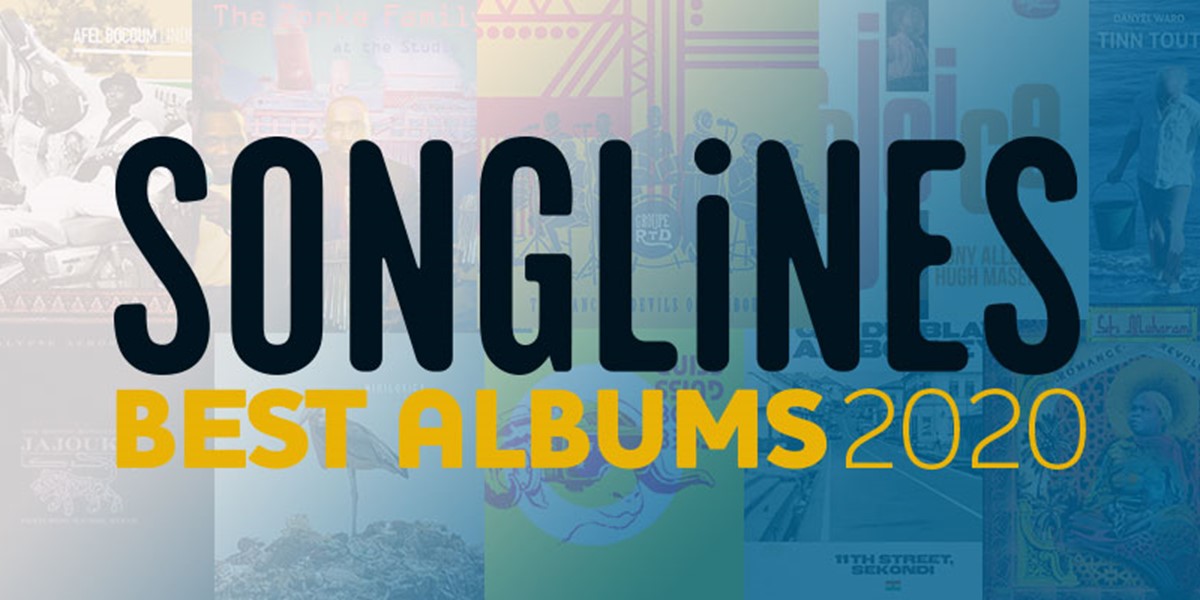Wednesday, December 16, 2020
Best Albums 2020: Africa
All of these albums received a maximum of five stars when reviewed in the 2020 issues of Songlines. Looking for your next favourite album? This is the perfect place to start.


Register now to continue reading

Thanks for visiting the Songlines website, your guide to an extraordinary world of music and culture. Sign up for a free account now to enjoy:
- Free access to 2 subscriber-only articles and album reviews every month
- Unlimited access to our news and awards pages
- Our regular email newsletters

